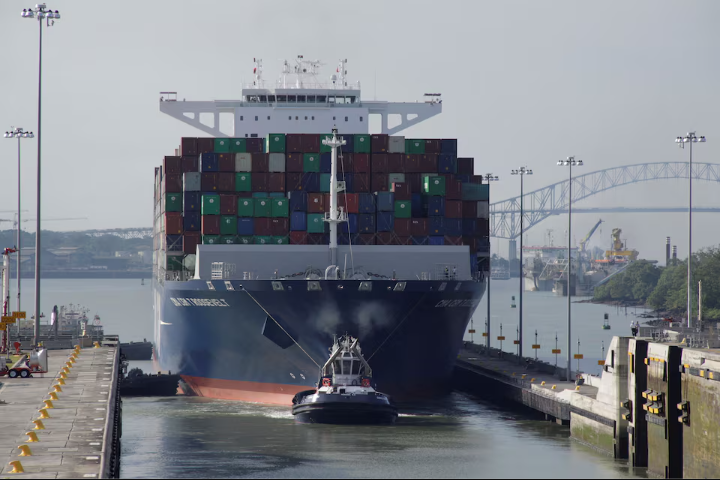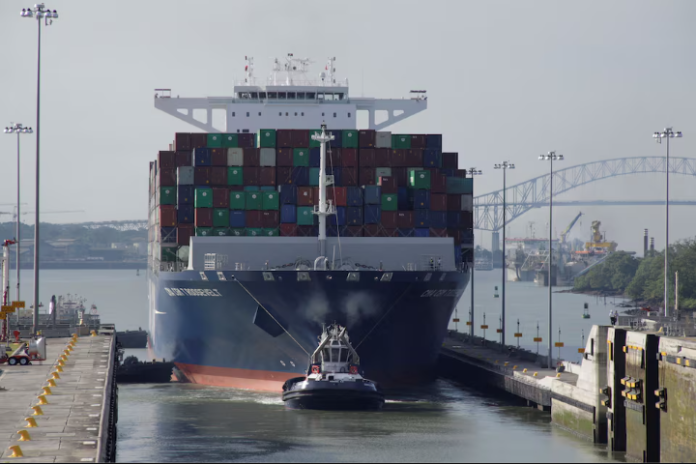The United States has voiced serious concerns over China’s expanding influence around the Panama Canal, a vital global shipping route. Mauricio Claver-Carone, the U.S. special envoy for Latin America, labeled China’s presence as a “national security threat” for both the U.S. and Panama.
This announcement comes just before U.S. top diplomat Marco Rubio’s first foreign trip, where he’s scheduled to meet with Panamanian President Jose Raul Mulino to address the issue head-on.
China’s Growing Footprint Raises Red Flags
China’s involvement around the Panama Canal isn’t new, but its increasing control over key operations has sparked fresh anxiety. Hong Kong-based CK Hutchison Holdings, a company managing ports at both ends of the canal, has been under scrutiny despite claims of being financially independent from the Chinese government. However, since Hong Kong companies are subject to Beijing’s oversight, U.S. officials remain skeptical.
Claver-Carone didn’t mince words, stating that “China’s creeping presence in ports, logistics, and telecom infrastructure in the Canal Zone is deeply concerning.” He emphasized that this issue isn’t just about U.S. security—it’s a growing risk for Panama and the entire Western Hemisphere.
Rubio’s Diplomatic Mission: What’s at Stake?
Marco Rubio’s trip isn’t limited to Panama. He will also visit El Salvador, Costa Rica, Guatemala, and the Dominican Republic, with U.S. migration policy being another major topic. However, the spotlight remains on the Panama Canal, especially after former President Donald Trump’s controversial threats to regain control over the U.S.-built waterway.
Rubio made headlines by stating he has “zero doubt” that China could potentially block the canal if tensions between the U.S. and China escalate. This bold claim adds fuel to the already heated debate about foreign influence in critical global infrastructure.
Panama’s Response: Denial and Defensiveness

President Mulino has pushed back against U.S. concerns, firmly denying any deals that would give China operational control over the canal. He’s also made it clear that “control of the canal” won’t be up for discussion during his meeting with Rubio.
Nevertheless, Panama is currently conducting an audit into CK Hutchison’s financial dealings with the state, which could open doors for further investigations—or even policy changes.
Analysts believe the audit might give Panama an excuse to reassess or potentially limit Chinese involvement, but that remains to be seen.
Why This Matters Globally
The Panama Canal is more than just a regional asset—it’s a strategic artery for international trade, connecting the Atlantic and Pacific Oceans. Any disruptions, whether political or operational, could ripple through global supply chains, affecting everything from oil shipments to consumer goods.
As U.S.-China relations grow increasingly tense, the battle for influence in Latin America is becoming a new front in their geopolitical rivalry. Whether Panama will bow to U.S. pressure or continue balancing its economic ties with China is a story the world will be watching closely.



